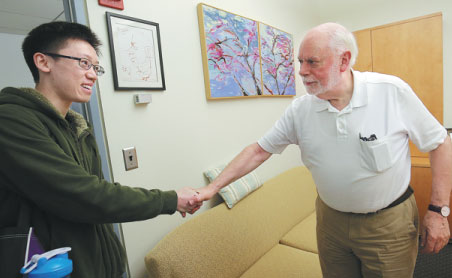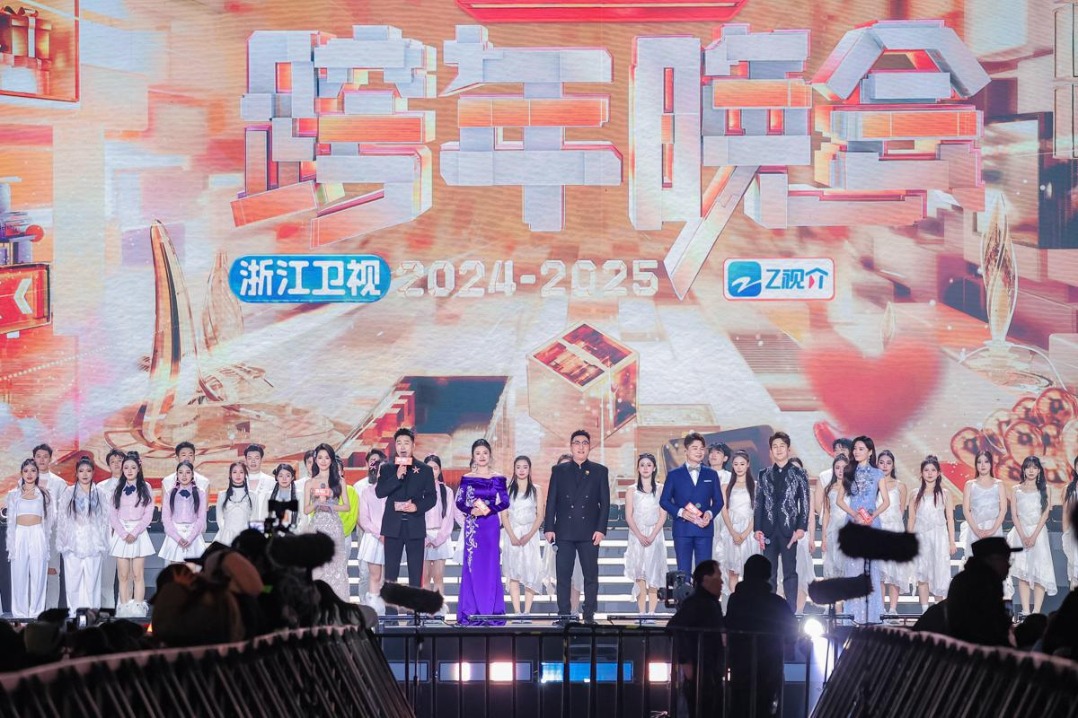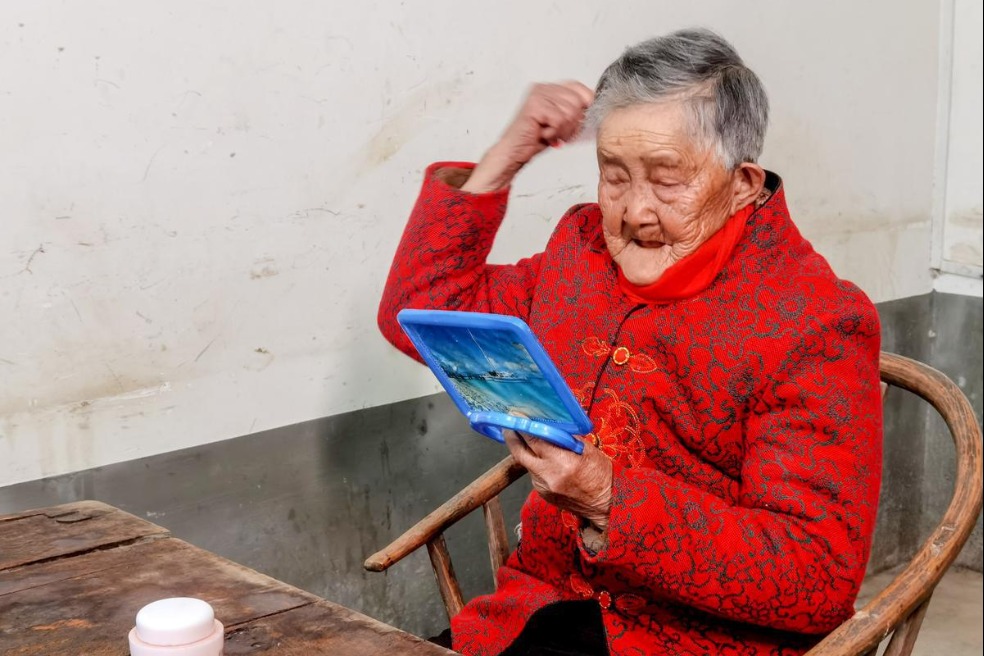US restrictions on Chinese students raise concerns


Restrictions and pushback
In the past year, some senior officials of the Trump administration have portrayed Chinese studying in the US as threats to national security.
One of the most prominent is FBI Director Christopher Wray, who described US universities as being naive about the espionage threat at a Senate intelligence committee hearing in February.
He accused Chinese individuals in academia, from professors to scientists to students, of "taking advantage" of and "exploiting the very open research and development environment" in the US.
Over the past one and a half years, US universities have come under increasing pressure from the FBI and other federal agencies to confront the accusations of intellectual property theft of government-funded research.
Some US lawmakers are writing bills that would require more reporting from colleges, universities and laboratories about funds from China. The bills would also prohibit students or scholars with ties to the Chinese military from entering the US, or set new limits on access to sensitive academic research.
Early this month, US Senator Ted Cruz of Texas and Florida Representative Francis Rooney reintroduced the Stop Higher Education Espionage and Theft Act, which was first introduced in the Senate in May. It is intended to prevent what the politicians described as Chinese espionage efforts at US universities.
Ling said that when he first arrived in the US in 2016, when Barack Obama was president, the overall climate was welcoming and visa application was "convenient".
"Not only students, but also professors are impacted (by tightening restrictions)," he said. "Some of them are sponsored by Huawei and other Chinese companies. I'm afraid the political and economic tensions will expand into the academic community."
However, citing recent statements issued by prestigious universities in the US, Tony said he believes most of the US universities are dedicated to the idea of "academia knows no borders".
Yale University President Peter Salovey said in a May 23 letter to "the Yale community" that tensions in US-China relations and increased scrutiny of academic exchanges have added to a sense of unease among many international students and scholars at Yale and at universities across the country.
- 4th TCTCP established: boosting standards for tropical agriculture
- Quzhou emerges as a cultural and tourism destination
- Shanghai sees surge in international arrivals
- Former Moutai chairman under investigation for misconduct
- Shanghai railway staff becomes popular with rapid typing, spoken English
- Giant pandas celebrate first year in Chongqing with snowy spectacle





































